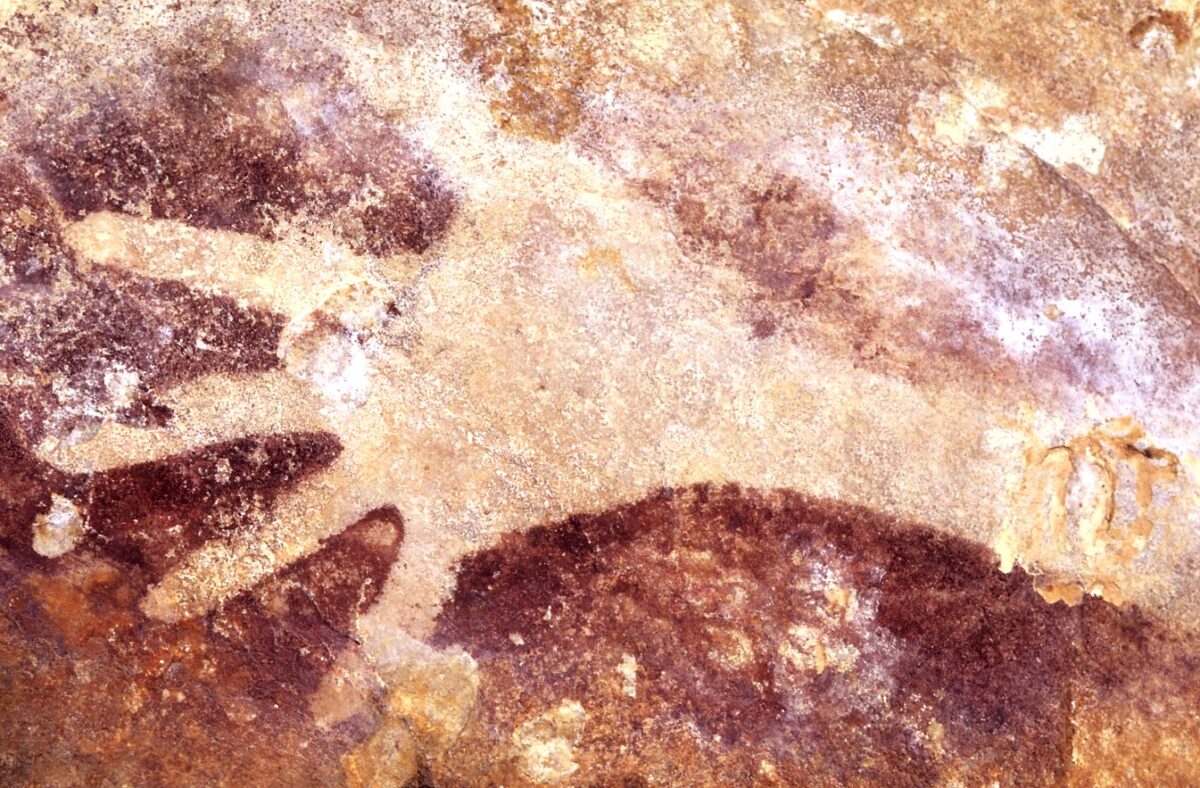Tackling everyday racism major key to closing the gap on psychological distress

Everyday racial discrimination experienced by Aboriginal and Torres Strait Islander people could explain nearly half of the overall gap in psychological distress they experience compared to non-Indigenous Australians, according to research published today in a special edition of The Lancet.
Lowitja Institute CEO, Adjunct Professor Janine Mohamed, a co-author of the paper, said its findings make the case for significant action to address interpersonal discrimination and structural racism for Aboriginal and Torres Strait Islander people.
“All levels of government have committed to work in partnership to eliminate racism under Priority Reform Three in the National Agreement on Closing the Gap. We are calling on governments, policy makers, organisations, and individuals to honour the Agreement and to make real change,” she said.
“This requires a commitment to and concerted action on anti-racism at individual, institutional, community and structural levels,” she said.
Adjunct Professor Mohamed spoke at today’s launch in Canberra, on the lands of the Ngunnawal and Ngambri peoples, of The Lancet special issue, Advancing Racial and Ethnic Equity in Science, Health and Medicine.
It features the new research, the first estimation for any Indigenous population of the contribution of interpersonal discrimination to the population’s total burden of psychological distress, and to Indigenous–non-Indigenous inequities.
The study was led by Dr Katherine A Thurber from the Australian National University (ANU) and builds on the Mayi Kuwayu Study, led by Professor Ray Lovett, at the ANU’s National Centre for Epidemiology and Population Health.
The cross-sectional analysis found that everyday racial discrimination, a manifestation of structural racism, could explain up to half (47.4 per cent) of the overall gap in psychological distress between Aboriginal and Torres Strait Islander people and non-Indigenous people.
Speaking about the significance of the findings, Dr Mohamed said: “We know that when racism arrived in Australia in 1788, its impacts were devastating. They still are today. We see the distress in our communities and in our families to this day that results from colonisation and everyday racism.”
“The potential harms from discrimination and racism must be recognised if we are to leverage policy reform that impacts the health of our peoples,” she said.
Adjunct Professor Mohamed also hailed the significant outcomes that are possible when Aboriginal and Torres Strait Islander peoples determine our own research.
Lowitja Institute was one of the initial funders of Mayi Kuwayu, which is led by Aboriginal and Torres Strait Islander researchers and adheres to the principles of Indigenous Data Sovereignty.
“We need an Aboriginal and Torres Strait Islander research agenda that is well-funded and supported by government so that we can continue to achieve excellence in research and improve outcomes in our peoples’ health and wellbeing,” Adjunct Professor Mohamed said.

